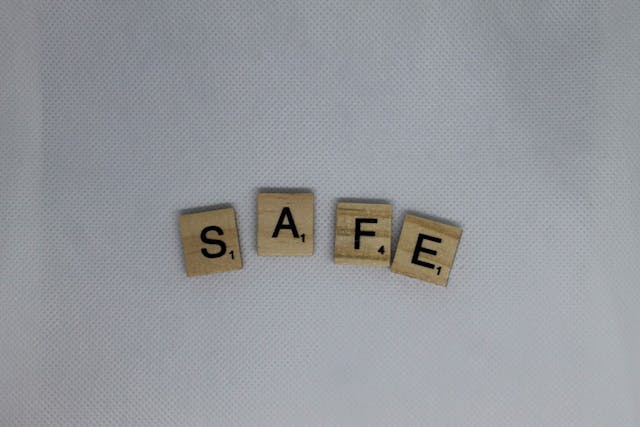"Hunting paedophiles" in Luxembourg: law against lynching and digital lynching

Getty Images
Following the high-profile arrest of a 19-year-old young man by a special police unit in Mamer, Minister of the Interior Léon Gloden confirmed to Parliament: in 2024, two cases of so-called "Pedo-Hunting" - lynchings against alleged sex offenders - were investigated in Luxembourg. Although such episodes are on the rise in Austria and Germany, the Minister emphasised that this remains an isolated phenomenon in the Grand Duchy.
Nevertheless, the government is preparing a draft law aimed at combating online content that incites such forms of lynching. It will be based on the European regulation DSA (Digital Services Act). It is assumed that citizens will be able to report suspicious publications either directly to the police or through the "Trusted Flagger" mechanism - a trusted representative engaged in online monitoring of illegal content.
Pedo-hunting is the action of individuals who, under the guise of minors, make contact with suspected paedophiles on the internet and then set a trap, videotaping the 'encounter' and publishing it online. Contrary to the moral rhetoric of such groups, these actions violate the law, from defamation to coercion to interference with justice. Often victims are afraid to report to the police, which means that the authors of the videos often go unpunished.
Gloden emphasises that such actions are incompatible with the principles of the rule of law: "Vigilante justice will not be tolerated and will not be tolerated," the minister said.
Although the origins of the phenomenon are linked to far-right movements, the minister admits that today such groups often operate outside of an ideological context. Nevertheless, it is extremist ideologies - through the cult of violence and the rejection of democratic institutions - that most often become a convenient platform to justify such antics.
Criminal and intelligence police services monitor the activity of such groups on social media, and in one investigation Luxembourg was able to pass on important evidence to foreign colleagues. Europol regularly produces strategic reports on new digital phenomena to keep all EU countries informed and co-ordinated.
Citizens are also urged not to post possible crimes online, but to contact the police so as not to hinder the investigation and not to aggravate the situation.





